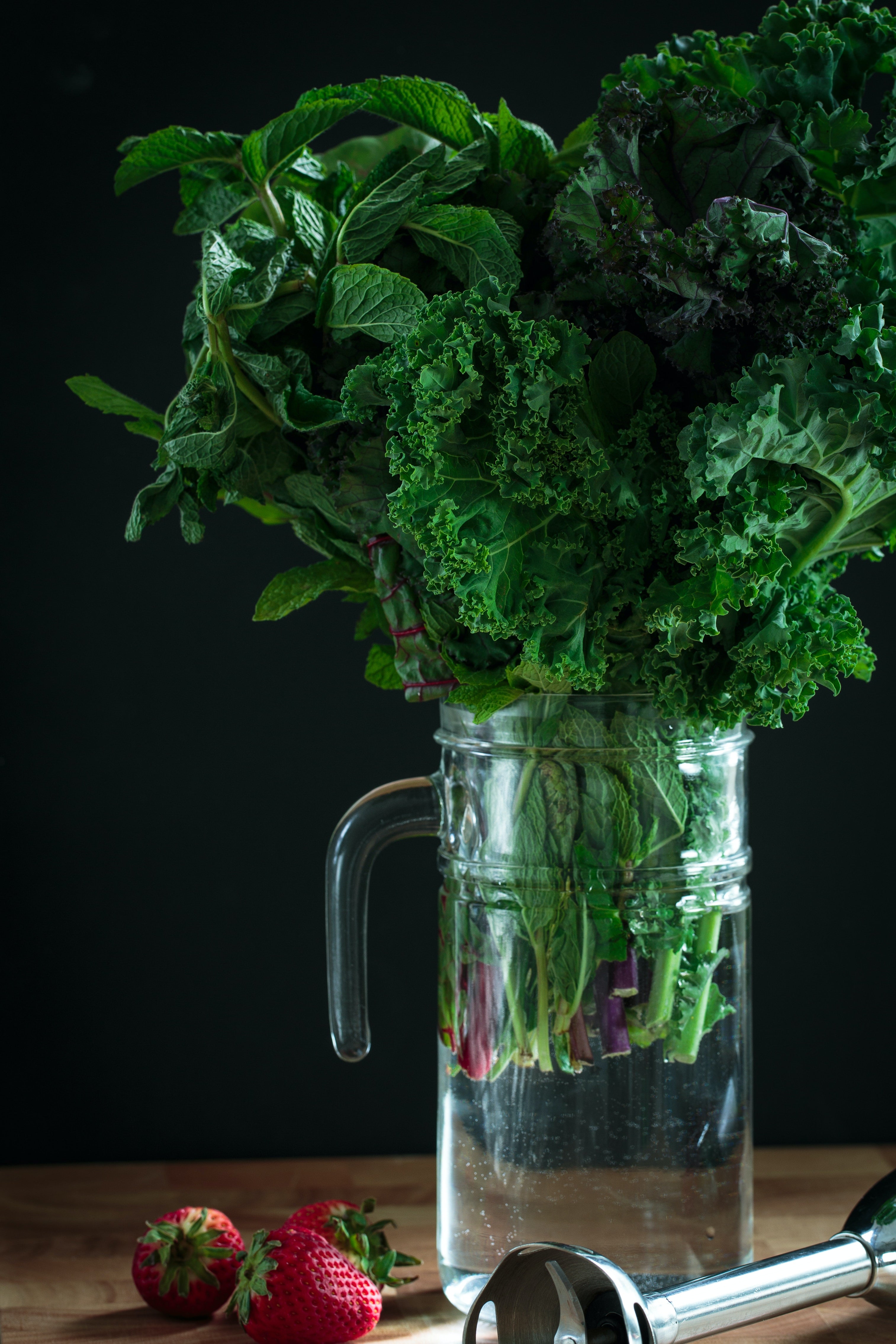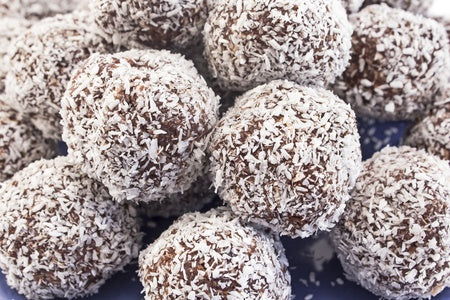Nature's Bounty: A Guide to Storing Fruits and Vegetables for Maximum Freshness

In a world filled with fast food and processed snacks, the allure of fresh fruits and vegetables is undeniable. The vibrant colors and mouth-watering flavors make them a delightful addition to any meal. However, keeping these gifts from nature fresh can sometimes be a challenge. Fear not, for we're about to embark on a journey through the art of fruit and vegetable preservation. Welcome to a guide on how to store fruits and vegetables to keep them fresh longer.

Temperature plays a pivotal role in preserving the freshness of your produce. Most fruits and vegetables thrive in cooler temperatures, typically between 32°F to 40°F (0°C to 4°C). For this reason, investing in a good refrigerator is essential. Your crisp, leafy greens, juicy berries, and delicate herbs will thank you.
Different types of produce have varying humidity requirements. Leafy greens, for example, prefer high humidity, while fruits like apples and pears prefer lower humidity levels. Most refrigerators come with humidity-controlled drawers, so use them to create the ideal conditions for fruits and veggies.
When it comes to storing fruits and vegetables, containers can be your best friends. Use airtight containers or resealable bags to prevent moisture loss and protect your produce from contaminants. This is especially important for items like cut fruits, as it helps maintain their texture and flavor.
Fresh herbs can elevate your dishes to a new level but tend to wilt quickly. To keep herbs like basil, cilantro, and parsley fresh, trim the stems and place them in a glass of water like a bouquet. Cover them with a plastic bag and secure them with a rubber band, creating a mini-greenhouse in your fridge.
For produce that's on the brink of going bad, freezing can be a lifesaver. Many fruits and vegetables can be frozen later, preserving their taste and nutritional value. Remember to blanch and properly package them before popping them in the freezer.
Don't let your fruits and vegetables become forgotten relics in the depths of your refrigerator. Regularly inspect your produce for signs of spoilage, and promptly remove any items that have gone bad to prevent them from affecting others.
The ability to store fruits and vegetables to keep them fresh longer is a valuable skill that reduces food waste and ensures that you have access to nutritious, delicious ingredients at your fingertips. With a little knowledge and care, you can savor the flavors of nature's bounty for an extended period. So, stock up on those vibrant fruits and crisp veggies, and let your culinary creativity soar! Your taste buds will thank you. Check out Living Juice for more information.




